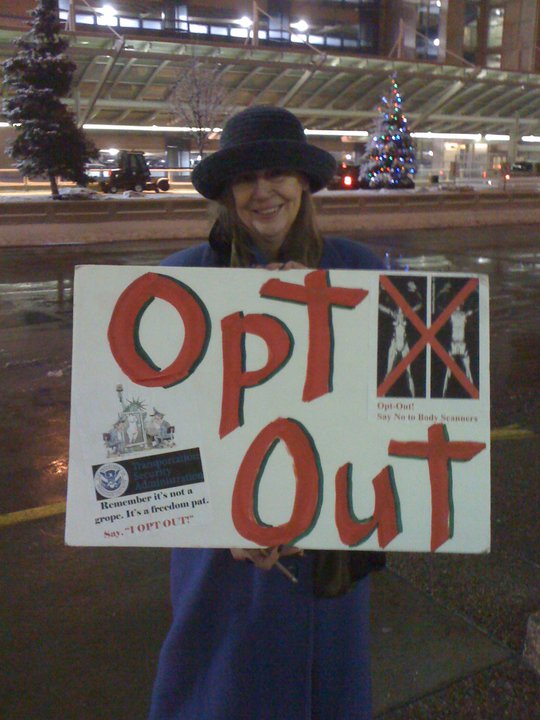E. The Superior Chamber shall decide, before any debate, whether the proposed bill is or is not Constitutional. This determination is subject to approval, challenge, and rejection by the People, States, and Judicial Branch.
F. The Congress is denied the exclusive power to make rules. Any rule which prohibits any investigation into alleged malfeasance in re the laws of war, Supreme Law, or oath of office is illegal, and may be construed as a subsequent offense under the laws of war.
G. The Congress shall comply with public audits, and timely provide within 45 days of an audit report a statement of remedy, and outline a plan within 90 days to fully comply with all legal obligations under the Statute, Supreme Law, oath of office, and laws of war.
H. The Congress may raise and support an army, and independently order that army only against the President when the President refuses to enforce the laws of war, or comply with his legal obligations under this Constitution.
VII. Executive Branch
A. The Executive Branch is led by three Presidents, co-qual with non-overlapping jurisdictions. The Executive Branch has one power: Executive Power. All actions taken under that one power are lesser authorities not powers. The Executive Branch has no power to create new powers or assign itself broader power.
B. The Executive Branch is listed last because it is the least responsive to the People, and the greatest threat of tyranny to this Constitution. The President is a clerk, not a King or Emperor. The President only manages programs. The President has no power to ignore, rewrite, or refuse to enforce the law. Each of the three Presidents shall have an ongoing requirement to demonstrate to the People and States and Congress and Courts compliance with the Constitution, Supreme Law, oath of office, and laws of war.
C. The Domestic Affairs President is responsive to the States and US Government on internal affairs.
D. The Foreign Affairs President shall have exclusive power to interact with foreign powers. The Foreign Affairs President is denied any power to violate the laws of war, or use covert activity against American citizens.
E. The Executive Branch, Congress, Judiciary, and Foreign Affairs President are denied the power to thwart any lawful State action to organize with foreign powers and agents to defend the US Constitution, enforce the laws of war, or protect the rights and powers of the People and States against domestic encroachments by the US government, legal counsel, or other US government officials.
F. The Commander in Chief shall only have power to lead combat operations during war time. Congress shall conduct ongoing, public reviews whether the Commander in Chief is or is not competent in managing combat operations. The Presidents and Commander in Chief are denied the power to prohibit Congress from using electronic surveillance or use separately raised and supported armies to conduct this oversight during wartime and peacetime.
G. The Executive Branch is denied the power to block anyone from getting access to illegal activity related to the laws of war.
H. During Peacetime, the Commander in Chief shall periodically cooperate with ongoing Oversight of US combat forces to ensure they are combat ready, fully trained on the laws of war, and prepared to lawfully be used to defend the Constitution against foreign and domestic enemies.
I. The Executive Branch and Presidents and officers, agents, contractors, and personnel are denied the power, right, or authority to order anyone to ignore any statute, law, legal requirement, or obligation under the Constitution.
J. The Executive Branch has no power or authority to directly contact the Legislative Branch by name. The President may only request, not order other branches of government. All Communications between the Executive and Legislative Branch shall pass through the Prosecutorial Branch, and retained in the National Archives. Those records are available for public inspection at any time. The People have the enforceable right to compel the Executive Branch, Legislature, and Judicial Branch to produce documents.
K. The Executive Branch, Congress, Judicial Branch, and Prosecutorial Branch, and States are denied the power to wage warfare, information warfare, or harass American civilians through his agents, combat troops, or third parties in the United states or from overseas. Any funds used for this illegal purpose belong to the People and States. Contracts used to enforce, compel, or organize this illegal activity are not enforceable, and contrary to public policy.
(Note: You can view every article as one long page if you sign up as an Advocate Member, or higher).





